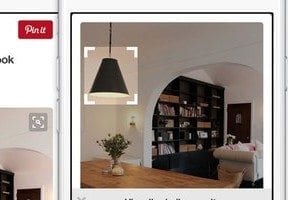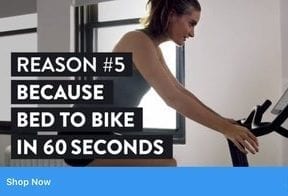Pinterest provides online marketers many opportunities to engage potential customers, including encouraging clicks to products or content. While the act of creating pins is an art, there are practices that may generate more clicks.
In fact, in a resource meant to help marketing campaigns perform better on the site, Pinterest has outlined several of these practices that should increase the relative number of clicks that pins earn. These practices focus on the images you choose for your pins and the text that describes those images.
Interesting or Multi-product Images
Pinterest is one of the most visual of social media applications. A Pinterest user might never read a pin’s description (although you should include one), but she will look at its picture.
Pinterest recommends using pictures that show several products. Aim for a balance between showing enough products to make someone curious and showing so many products that you have a mess.
Many retailers and consumer brands use this technique for some of their posts. The screenshot below shows pins from sportswear brand Lululemon. In both cases, the pins use a selection of products to peak interest and encourage a click.
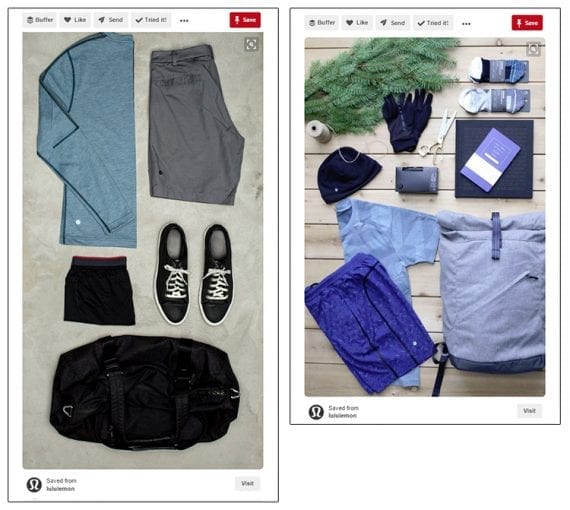
Lululemon is one of many retailers that include multiple products in a single pin image. If your goal is to encourage clicks, this technique could help.
It’s possible to get a similar effect using lifestyle photography, showing the products in use. Keen, another consumer brand with a strong Pinterest following, sometimes pins pictures of outdoor vistas that include a person’s legs and a pair of Keen shoes.

Keen puts its products in an outdoor context.
Well Prepared Images
In addition to an image’s aesthetic qualities, consider some technical specifications to encourage clicks from Pinterest.
First, use relatively high-resolution pictures. At a minimum, your pictures should be at least 600 pixels wide.
Next, Pinterest recommends a 2:3 aspect ratio. Thus, the ideal image would be 600 pixels wide and 900 pixels high.
At this size, an image should display well on a mobile device and not cut off the “visit” link. While you could certainly have taller images, if the goal is to encourage clicks to your website, ensuring that the visit link shows is important.
In its best practices paper, Pinterest also recommended using tools like Canva, which have layout templates that can help you make pins that meet Pinterest recommendations.
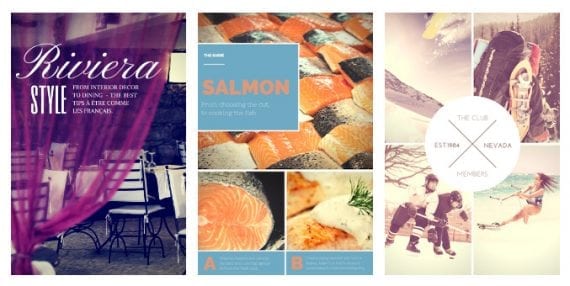
There are many tools, templates, and services that can help you produce compelling pins. Canva is an example of one of these tools.
Consider Text on the Image
Putting text directly on your pinned images may also help to encourage clicks to your products or content. The text you add could help describe a product, call out a feature, or act as a brief call to action, asking the viewer to click.
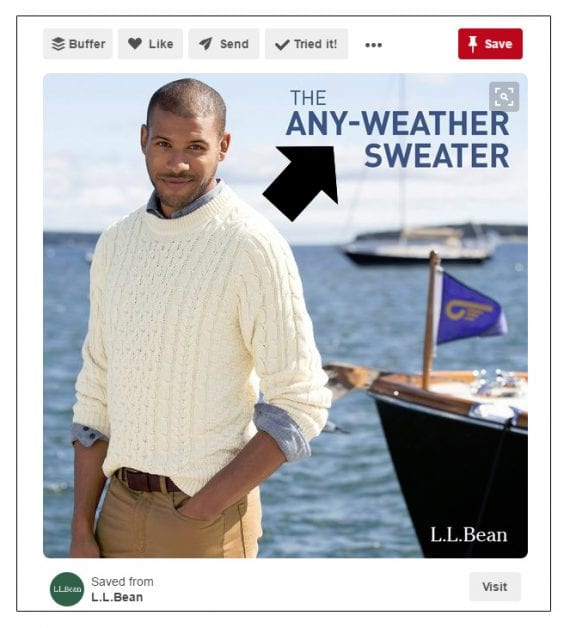
L.L.Bean is among the retailers that will sometimes add text directly to the pinned image.
Provide Short Descriptions
Pin descriptions can encourage clicks, too.
“Make sure the description invites Pinners to learn more about your business,” Pinterest said in its best practices paper. “Descriptions should mention the most compelling aspects of your pin and hint that there is more to discover on your website.”
Snack maker Outshine uses pin descriptions for many, if not most, of what it pins. For example, a recent pin included a description suggesting that shoppers use Outshine frozen fruit bars to make a fruit salad.
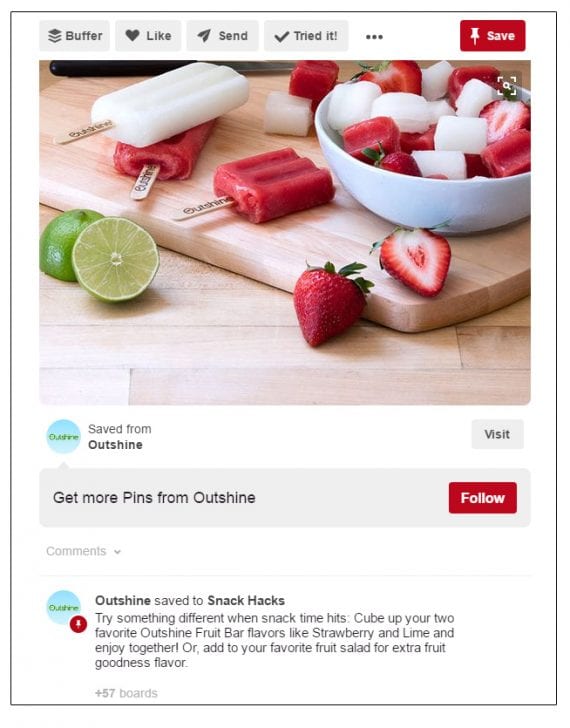
Outshine suggests cutting up fruit bars and making a fruit salad.
If it makes sense in the context of your pin, consider, also, a call to action, inviting the viewer to visit your website.
Be Helpful
Ultimately, pinning on Pinterest is a form of content marketing, and the best content marketing is helpful. It gives its audience something of value in the form of tips, advice, or know how. It helps someone meet a goal or overcome a problem.
Pinterest recommends including lists, tips, or how-to teasers in product descriptions or as part of the actual pin. The implied aim is to give the person looking at your pin something of value, something that makes him want to click through to your website and your content.
This technique is often seen more from publishers than from retailers on Pinterest, and it may work best when retailers feature blog posts, articles, or videos rather than products.
A fitness equipment retailer might pin workout plans. A kitchen supply retailer could pin recipes. And a hardware retailer may pin do-it-yourself articles. In fact, this is what Lowe’s does with many of its pins.

Lowe’s pins how-to and helpful content to encourage clicks.
Lowe’s has more than one board devoted to DIY projects. It pins weekend DIY ideas, specific how-to articles, gardening projects and tips, full construction plans for furniture or similar, projects the family can do together, crafts, and more.
Almost any helpful content that you publish on your blog could be converted into a pin.


